Advisory Board
The Advisory Board, which has 15 members, supports the Foundation on conceptual and academic issues.
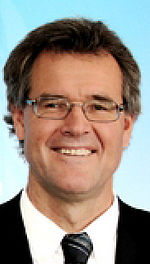
Chair of the Advisory Board
Scientific Director of the Bonn Alliance for Sustainability Research;
Professor for Global Chance and Systemic Risks, University of Bonn
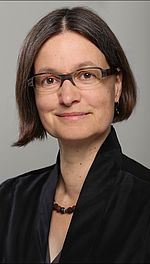
Senior Associate, Research Division "Global Issues", Stiftung Wissenschaft und Politik (SWP), Berlin
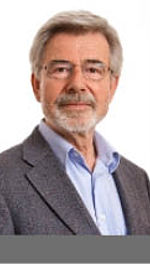
Senior Professor at Goethe University Frankfurt /Main; Associate Fellow at PRIF - Peace Research Institute Frankfurt
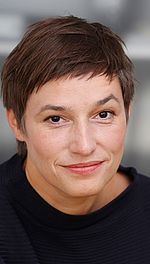
Executive Director, PRIF - Peace Research Institute Frankfurt; Professor at Goethe University, Frankfurt/Main
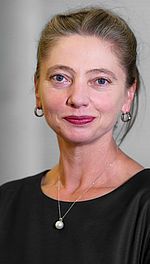
Professor for Transregional Southeast Asian Studies, Humboldt University Berlin
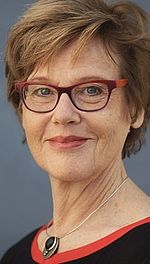
Former President
Bread for the World, Berlin

Transformation Researcher, Berlin
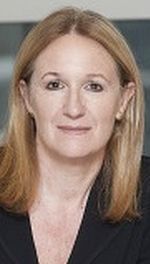
Member of the Management Board of GIZ - Deutsche Gesellschaft für Internationale Zusammenarbeit
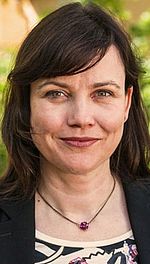
Chair of International Organizations and Policies
University of Potsdam

Director of Global Policy Forum Europe (GPF), Bonn
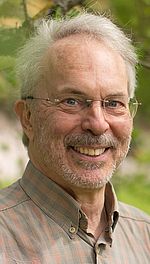
President of the European Association of Development Research and Training Institutes (EADI), Uppsala
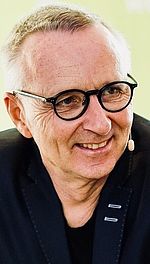
Former Director General, Sector and Global Programmes (GloBe)
Deutsche Gesellschaft für Internationale Zusammenarbeit (GIZ), Bonn
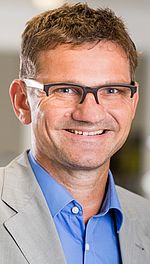
Director
BICC. Bonn International Centre for Conflict Studies
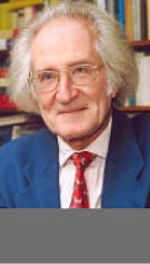
Senior Fellow at the Institute for Intercultural and International Studies, University of Bremen
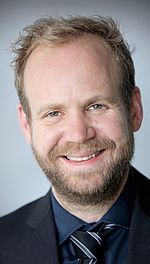
Professor of International Law, European Law and Public Law
Technische Universität Dresden
